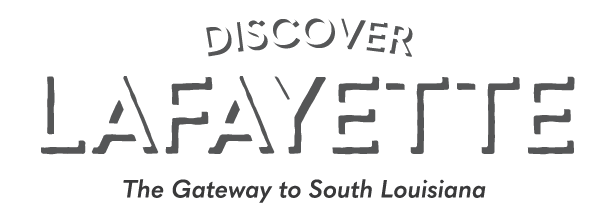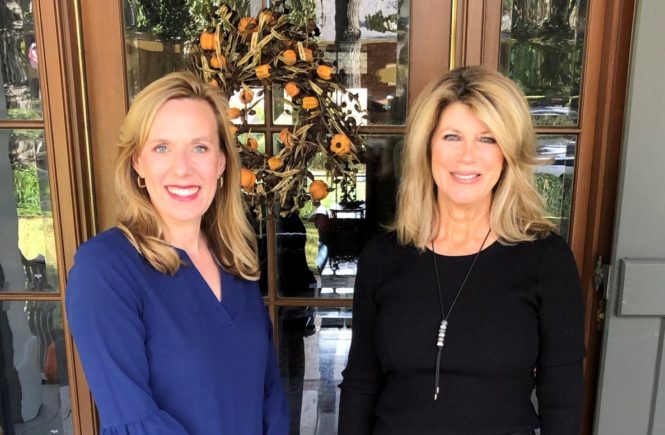Podcast: Play in new window | Download (Duration: 48:13 — 66.2MB)
Discover Lafayette welcomes Amanda Landers, Regional Director of Vitalant.
Vitalant, formed in 1943, was formally known as United Blood Services and is one of the nation’s largest non-profit blood transfusion organizations. Vitalant has served as our area’s community blood provider since 1954, serving the blood needs of patients in over 27 parishes and 31 hospitals in Louisiana.
Landers has worked at Vitalant since her college intern days when she was studying public relations at UL – Lafayette. Originally from Victoria, British Columbia, Landers came to Lafayette in 1998 to play tennis on a four-year scholarship. She fell in love with the people and culture and has made this her permanent home along with her husband and three children.
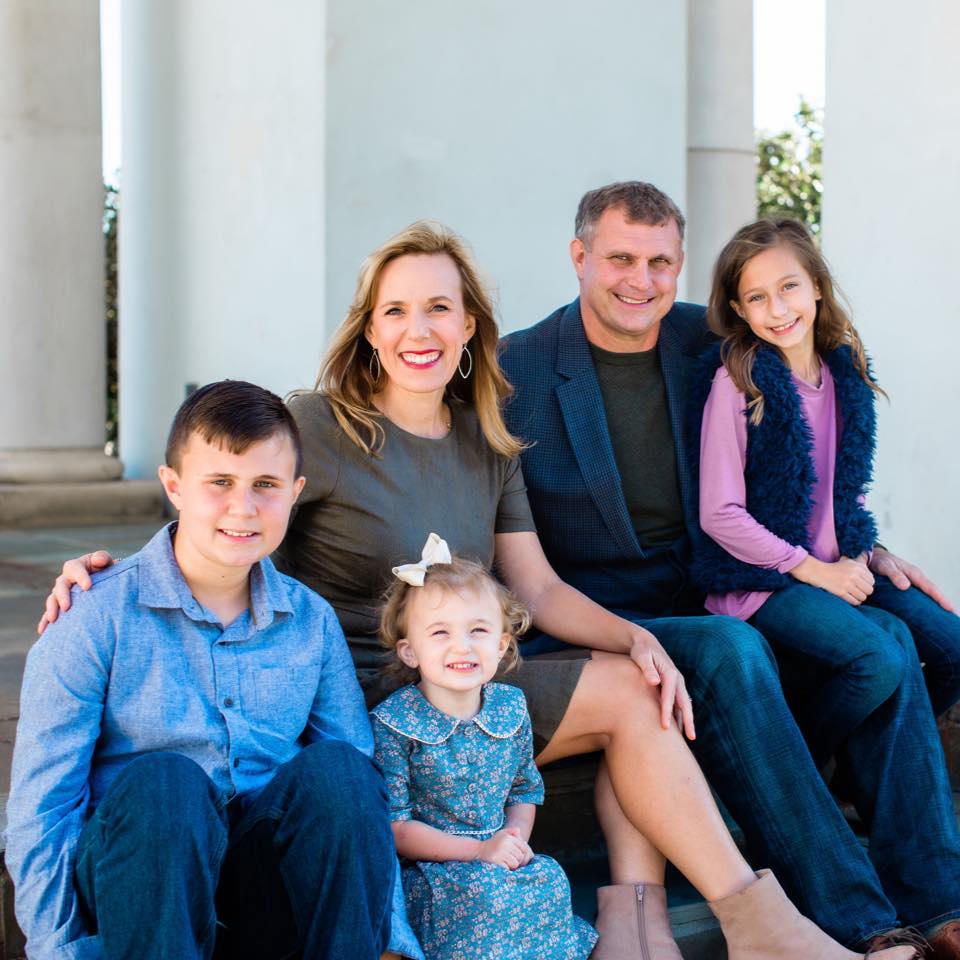
Most people don’t think about donating blood until they have a family member or friend in need. Yet, as Landers puts it, “The blood on the shelf is what saves lives at the time of need.” By the time you can donate blood, your loved one has already been supplied with what they need from existing donor blood on the shelf.
Blood and its components have a very limited shelf life. Red blood cells have a refrigerated shelf life of 42 days. Platelets last five days, and plasma can be frozen for up to one year. Anyone over the age of 16 can donate blood, with the average donor being between the ages of 36 to 55 years old; some healthy people give blood well into their 90s, knowing that their contribution is saving lives.
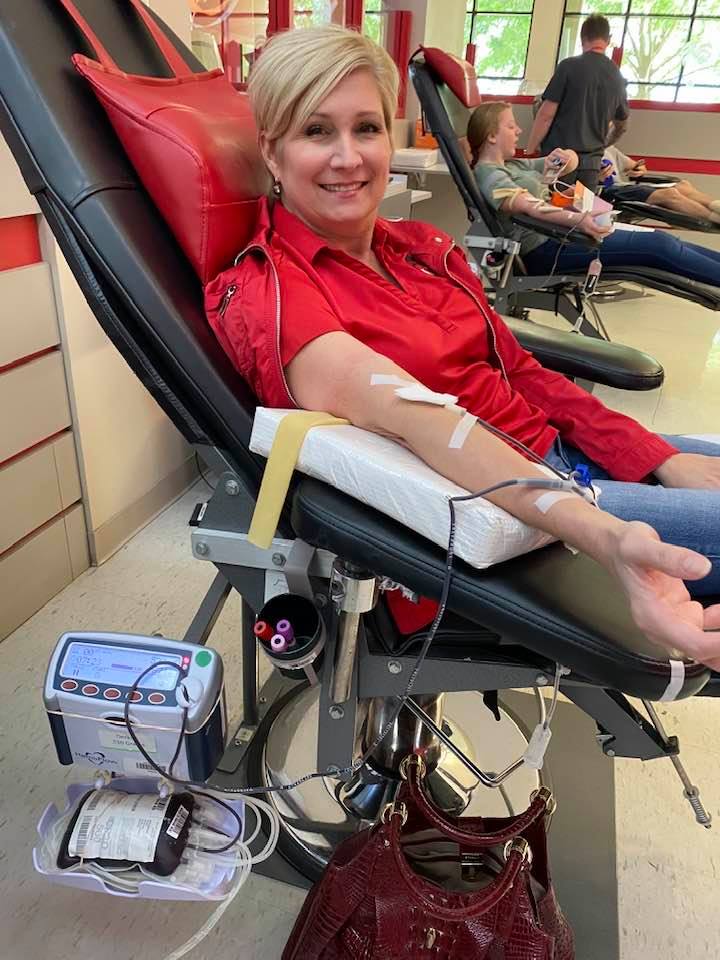
Vitalant is encouraging youth to build the habit of giving with the hope of building the next generation of loyal donors. Donors can give red blood cells every eight weeks and platelets can be donated every seven days.
Donor blood is screened and processed for infectious diseases. As of June 1, 2020, all blood is tested for COVID antibodies. After your donation, you can visit Vitalant’s donor profile to determine if you have antibodies to COVID which means you have recovered from the disease. Many people have not even known they’ve had the disease. If you are identified as one who has had COVID, you will be encouraged to donate convalescent plasma to help others who are struggling with COVID. This plasma has been found particularly helpful in treating patients with early-stage coronavirus.
The COVID shutdown and resulting behavioral changes and school shutdowns have drastically affected the blood donations being collected nationwide. Most hospitals don’t “self-collect” blood, plasma, and platelets, and are dependent on the supply kept on hand by blood banks around the U. S.
Most of the nation’s blood supply, 60% on average, is collected at mobile sites, with 40% of those donations coming from drives held at educational institutions such as elementary, middle school, high school, and college campuses. With most campuses shut down due to COVID, this avenue of collecting donations has dwindled dramatically.
This trend in reduced blood donations has been alarming apparent here in South Louisiana where it is expected that there will be 12,000 to 14,000 fewer red cell pints collected in 2020 than in a typical year pre-COVID. This is a critical drop in blood supply as even in a good year, Acadiana’s annual need for 56,000 pints of blood is typically only met with local contributions of 34,000 pints. We are a receiving community, not a giving community in the larger scheme of things.
Nationally, 4000 scheduled blood drives were shut down overnight when the COVID shutdown occurred in March and April 2020, resulting in the loss of an anticipated 80,000 pints of donor blood in the U. S. Now, in November and December 2020, another 260 locally scheduled blood drives have been canceled as well as a total of 2000 drives nationwide. The need for renewed vigor in giving has never been more apparent.
Compounding the drop in blood donors is the demise of the local oil and gas community in South Louisiana. As the industry slowed down and people were laid off and companies shuttered their doors, the legacy of their generosity became more apparent. The oilfield industry had positively impacted the giving of blood for so many years just as they had positively impacted donations to local non-profits. The industry had utilized their generosity and financial means to organize and mobilize the troops; now, they are gone.
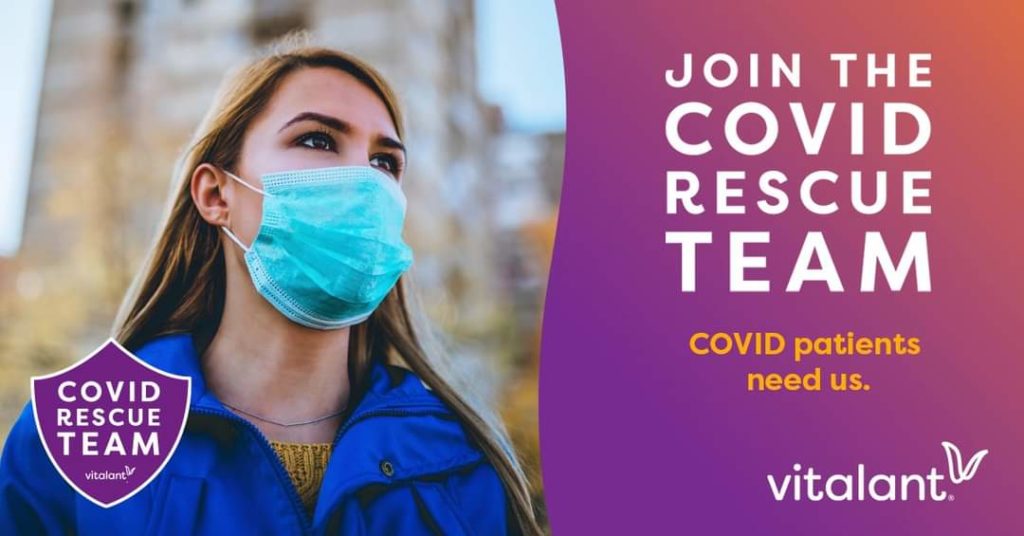
Learn more and sign up at vitalant.org/covidfree
Vitalant is a national organization with a huge network of affiliates who can swap and receive with sister locations. With the COVID soaring infection rates, El Paso is an example of a community that has been a recipient of the kindness of donors nationwide. Acadiana is also a longterm beneficiary of the blood donations of others nationally and it is time for our community to step up and give.
Going into the holidays, it’s normally the hardest time of the year to get donors as everyone is so busy. But this year with COVID, it’s harder. Please go online to schedule a blood donation where you can type in your zip code and find a local and convenient mobile site near you. We also encourage you to consider setting up a “virtual blood drive” where you can coordinate blood donations with friends and family no matter where they live in the U. S. This virtual way of giving has caught on in popularity as people look to make a difference while staying safe.
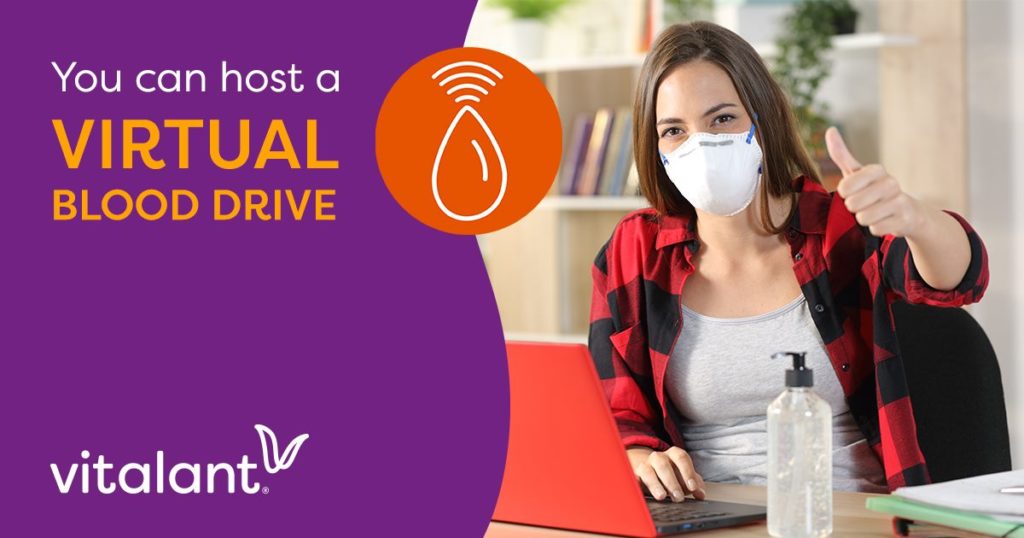
Near or far, you can still come together to make a difference. Learn more and sign-up at vitalant.org
The # 1 reason people have not given blood is that they have never been asked. Studies have shown that, so we have to be out there asking. If you’re a donor, please bring someone with you. We’re open seven days a week. Safety protocols are in place and everyone wears masks and is aware of social distancing protocols. ” Amanda Landers, Regional Director of Vitalant.”
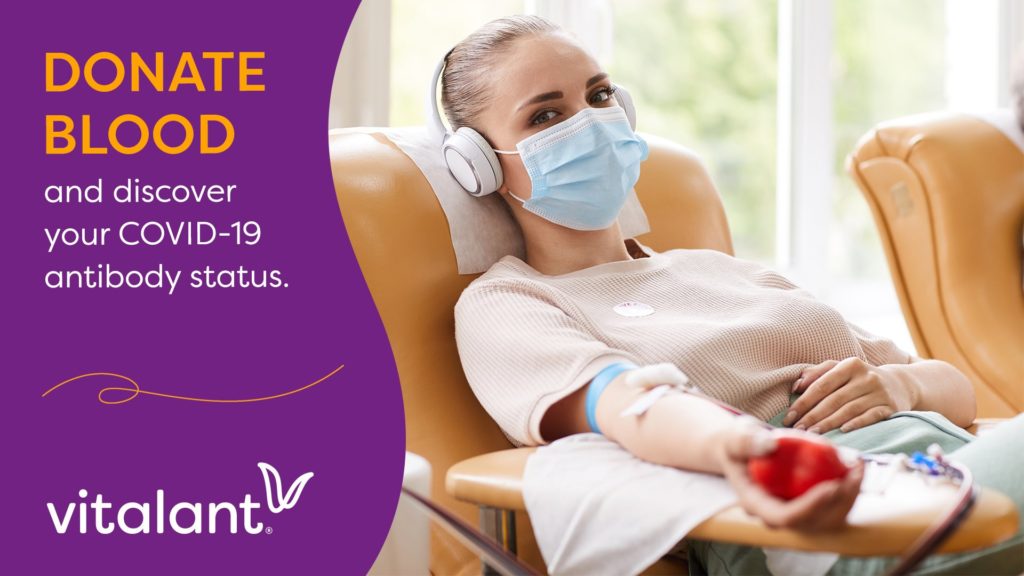
Discover Lafayette thanks Amanda Landers and staff for their efforts to keep our community safe and able to be kept alive under the most trying circumstances. Won’t you please consider giving of yourself and giving a pint of blood or one of its components?
